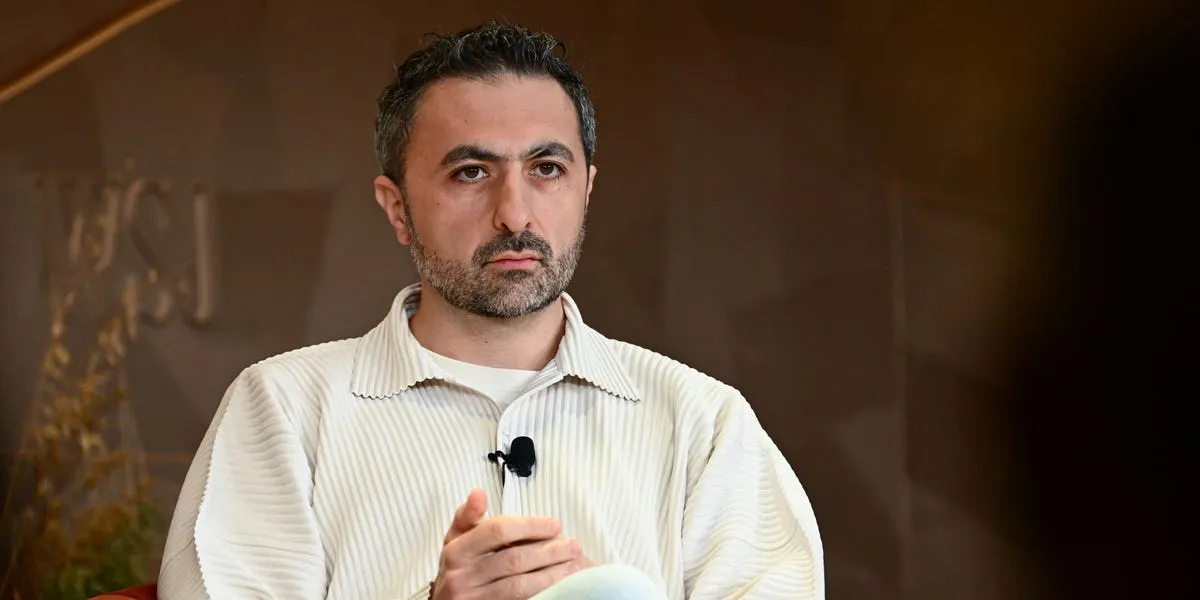
In an insightful discussion on the Big Technology Podcast, Microsoft AI CEO Mustafa Suleyman shared his vision for the future of work, where humans will develop profound relationships with artificial intelligence agents. He predicts that in the next 10 to 15 years, our daily workflows will transform significantly, emphasizing a collaborative partnership between humans and AI. “It’s going to be much more about you managing your AI agent, asking it to go do things, checking in on its quality, getting feedback, and engaging in this symbiotic relationship,” Suleyman explained.
Suleyman, who also co-founded Google DeepMind, expressed concerns that society is currently too focused on the immediate applications of AI, overlooking its potential long-term impacts. He stated, “After all, it is intelligence that has produced everything that is of value in our human civilization.” This highlights the necessity for a broader perspective on how artificial intelligence can shape our future.
While AI technology has generated considerable hype, it has not yet fulfilled the ambitious promises made by tech leaders, such as revolutionary breakthroughs in medicine or solutions to pressing issues like the climate crisis. Nevertheless, Suleyman acknowledged that the technology is already beginning to change our daily lives. Concerns have arisen about AI’s role in warfare and the replacement of human workers by AI agents, prompting discussions around ethical implications.
Demis Hassabis, another co-founder of Google DeepMind, has expressed apprehension about the consequences of AI, comparing it to the legacy of Robert Oppenheimer. Despite these concerns, Suleyman remains optimistic, predicting that the pace of AI innovation will only accelerate. “We’re about to make these capabilities really cheap — if not, like, zero marginal cost,” he asserted, emphasizing the transformative potential of accessible AI technology.
To equip younger generations for this evolving landscape, Suleyman encourages them to familiarize themselves with AI technology. He likens this to the early days of the internet, advising, “Use it, experiment, try stuff out, do crazy things, make mistakes, get it wrong.” According to Suleyman, it is the users of technology rather than its developers who ultimately guide its future trajectory.
Throughout the history of technology, users have consistently surprised creators with innovative applications of their tools. Suleyman believes that this principle will hold true for AI as well. He remarked, “I think the same applies to a 15-year-old who’s in high school, thinking about what they do next in college or whatever.” Emphasizing the importance of experimentation, he advised anyone curious about AI to engage directly with the models, stating, “Play with these things, try them out, keep an open mind.”
As individuals explore the capabilities and limitations of AI, they will not only discover its potential but also start to see its weaknesses, helping to mitigate the hype surrounding the technology. This approach will enable future generations to harness AI effectively and responsibly, paving the way for a collaborative future where humans and artificial intelligence work in harmony.